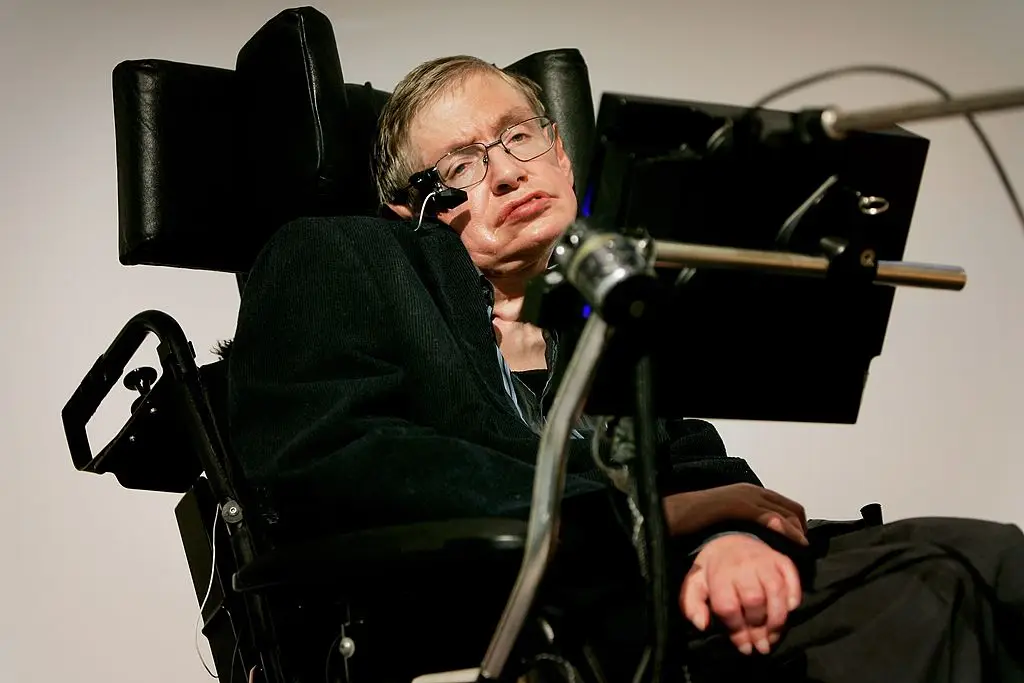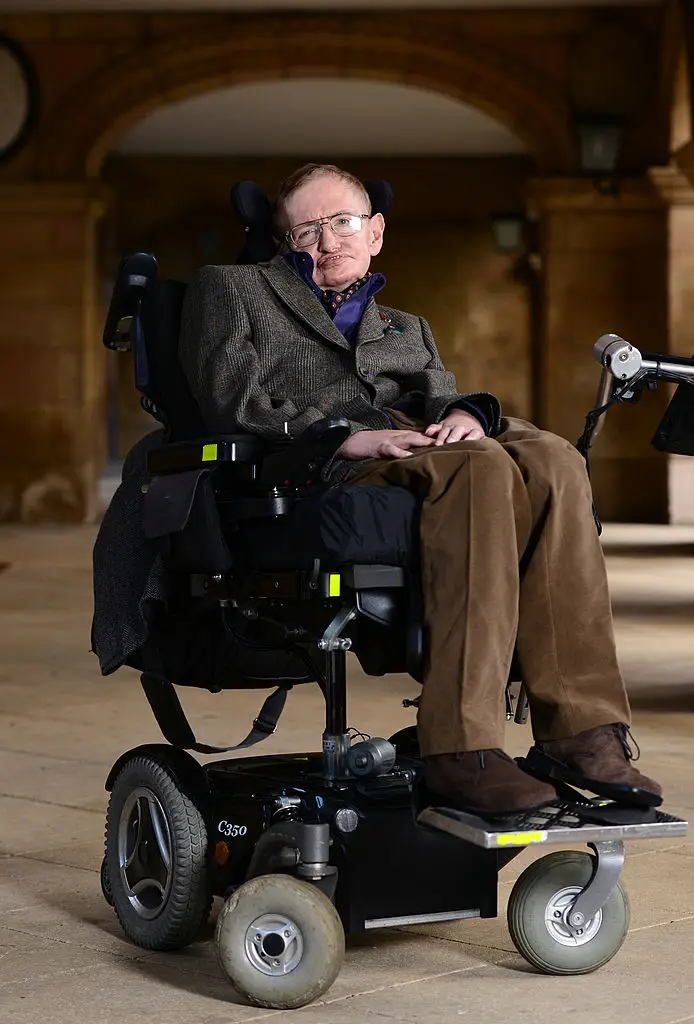
Stephen Hawking had a simple response when he was asked if he believed in God.
As one of the world's most famous scientists, you may be interested to hear about what Hawking thought about religion and the idea of heaven.
After all, science and religion can often be contradictory, for example, creation vs the big bang theory.
While science tends to be based on evidence and observation, religion is, of course, based on spiritual beliefs.
Advert
Hawking, who died in 2018 at the age of 76, was a world-renowned theoretical physicist, cosmologist and author.
He is best-known for his 2002 book, The Theory of Everything: The Origin and Fate of the Universe, as well as his work in the fields of general relativity and quantum gravity.
Speaking about his disability in his final book, Brief Answers to the Big Questions, Hawking discussed the idea of God and religion, writing: "For centuries, it was believed that disabled people like me were living under a curse that was inflicted by God.
"Well, I suppose it's possible that I've upset someone up there, but I prefer to think that everything can be explained another way, by the laws of nature.

"If you believe in science, like I do, you believe that there are certain laws that are always obeyed. If you like, you can say the laws are the work of God, but that is more a definition of God than a proof of his existence."
Hawking then went on to share his opinions on the possibility of a God or life after death.
"We are each free to believe what we want and it’s my view that the simplest explanation is there is no God," he explained.
"No one created the universe and no one directs our fate. This leads me to a profound realization, there’s probably no Heaven and no afterlife, either.
"We have this one life to appreciate the grand design of the universe and for that I am extremely grateful."

Hawking was diagnosed with Amyotrophic Lateral Sclerosis (ALS) - a type of motor neurone disease - in 1963, when he was just 21-years-old.
At the time, he was warned by doctors that he had just two years to live, and although he managed to completely defy the initial prognosis, Hawking's ability to move and communicate deteriorated over time and he later communicated using an advanced computer system.
The computer was in the form of a tablet mounted to the arm of his wheelchair and was powered by the wheelchair's batteries.
There was a keyboard on the screen, which was controlled by detecting his cheek movements, allowing Hawking to type out what he wanted to say.
When he died aged 76, he was the longest living ALS survivor in history.
